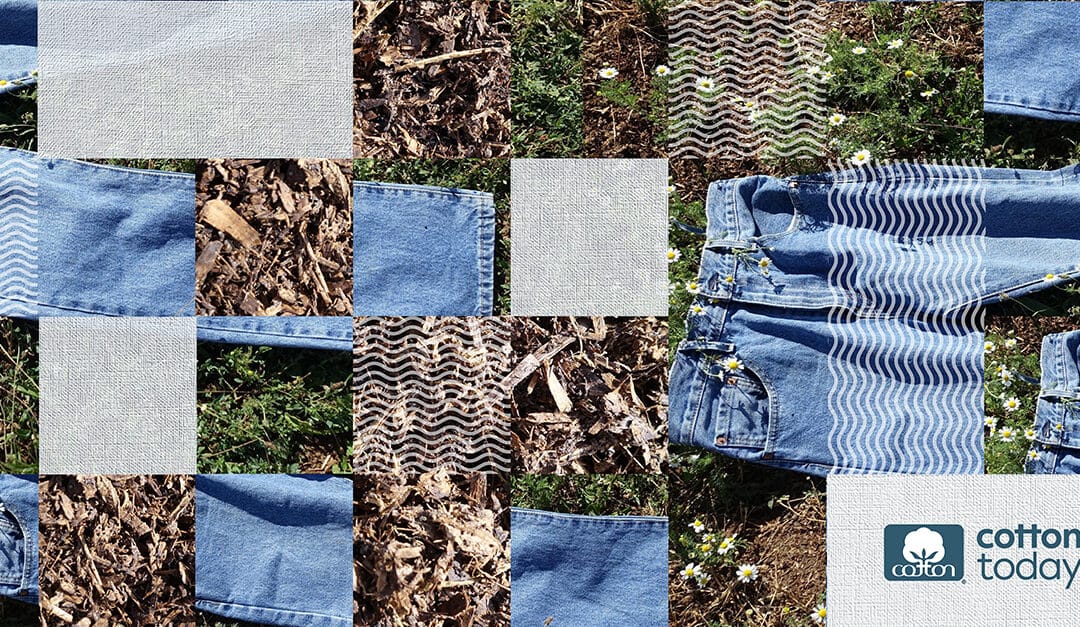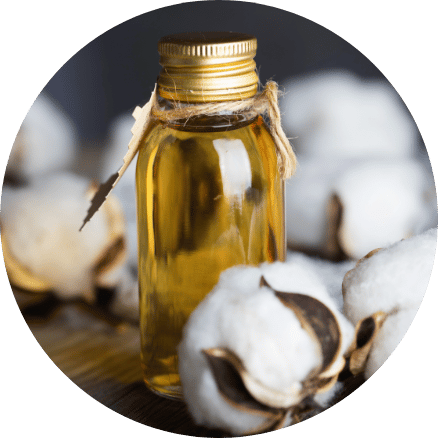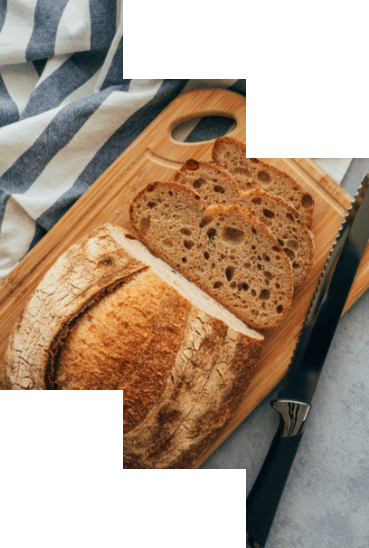A Global Source of Protein
Cottonseed is an excellent source of protein. It is fed to animals as an important nutritional energy source. However, it naturally contains gossypol, a naturally occurring compound created by the plant to provide defense to pests and diseases.2 For cottonseed oil, gossypol is removed in the refining process. To remove gossypol and extend the uses of cotton seeds, new cotton strains are being developed minimal or reduced gossypol, which unlocks new opportunities for us to use cottonseed as a food product. Innovative research has explored milling cottonseed for use as a wheat flour substitute in baked goods such as cookies and cakes, for example.
So, what’s the big deal about being able to eat cottonseed safely? Consider this: If all the cottonseed grown around the world were free of gossypol, the seed alone could meet the protein needs of 590 million people for one year. And it wouldn’t take any more water, fertilizer, or land than is already being used to grow the crop since it is a byproduct of cotton production.3 While global production of gossypol-free cottonseed is a long way off, incremental innovation and experimentation with new strains and new uses for cottonseed shows that cotton can become an even more valuable resource to growers and consumers everywhere.



